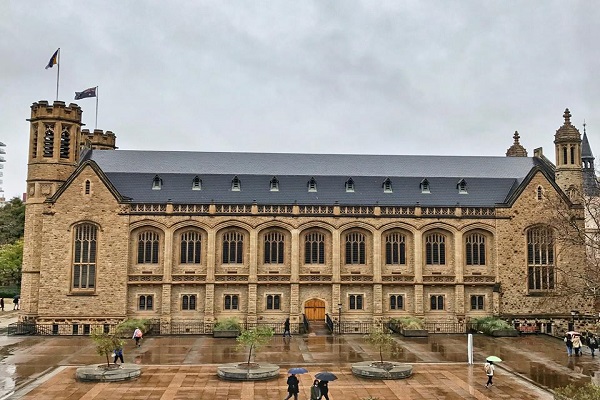University of Adelaide: Future fund supports clinical trial on steroid use for pre-term babies
The trial will analyse the effects of a single dose of corticosteroids for babies at risk of pre-term birth, compared to the conventional treatment of two doses of corticosteroids administered 24 hours apart and within seven days of birth.
Lead Australian researcher for this clinical trial, University of Adelaide Professor of Obstetrics and Gynaecology, Jodie Dodd, said the results would impact the care of women and babies across Australia and internationally, with about 15 million babies born early (before 37 weeks) each year.
“Without some intervention, pre-term babies have a higher risk of inadequate lung and brain development, or early infant mortality,” Professor Dodd said.
“The steroids act to stimulate the production of surfactant, which helps the babies’ lungs to reduce the work of breathing. Ante-natal Corticosteroids (ACS) have been used in this context since the 1970s, but the optimal dose has never been determined.
“The benefits of using ACS for babies born preterm outweigh the risks, but it is possible that using half the dose will produce the same benefits of lung maturation without exposing babies to longer-term risks and side effects.
“This randomised trial will be conducted with collaborating hospitals around Australia and in Canada, and will allow us to achieve a robust sample size to see if a single dose of the steroid is enough to protect babies from the consequences of being born early.”
Recruitment is expected to take three to four years. The trial will collect data on women and babies at the time of birth, and again at the child’s second birthday.
“Without some intervention, pre-term babies have a higher risk of inadequate lung and brain development, or early infant mortality.”
Professor Jodie Dodd
Jodie Dodd stands and smiles into the camera.
University of Adelaide Professor of Obstetrics and Gynaecology, and Lead Australian researcher for this trial, Jodie Dodd,
The clinical trial will include more than 1500 Australian women and babies and will be completed as part of an international clinical trial partnership, led by the McMaster University and University of Toronto in Canada.
Dean of Medicine and Head of the Adelaide Medical School, Professor Danny Liew, said the important study by Professor Dodd and her colleagues is an example of research that challenges long-standing clinical practice that may not necessarily be the most optimal.
“De-escalation of established therapies, especially those that are associated with potential harm, is a critical area of clinical research, but which receives relatively little attention and funding,” Professor Liew said.

